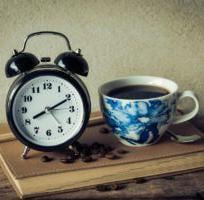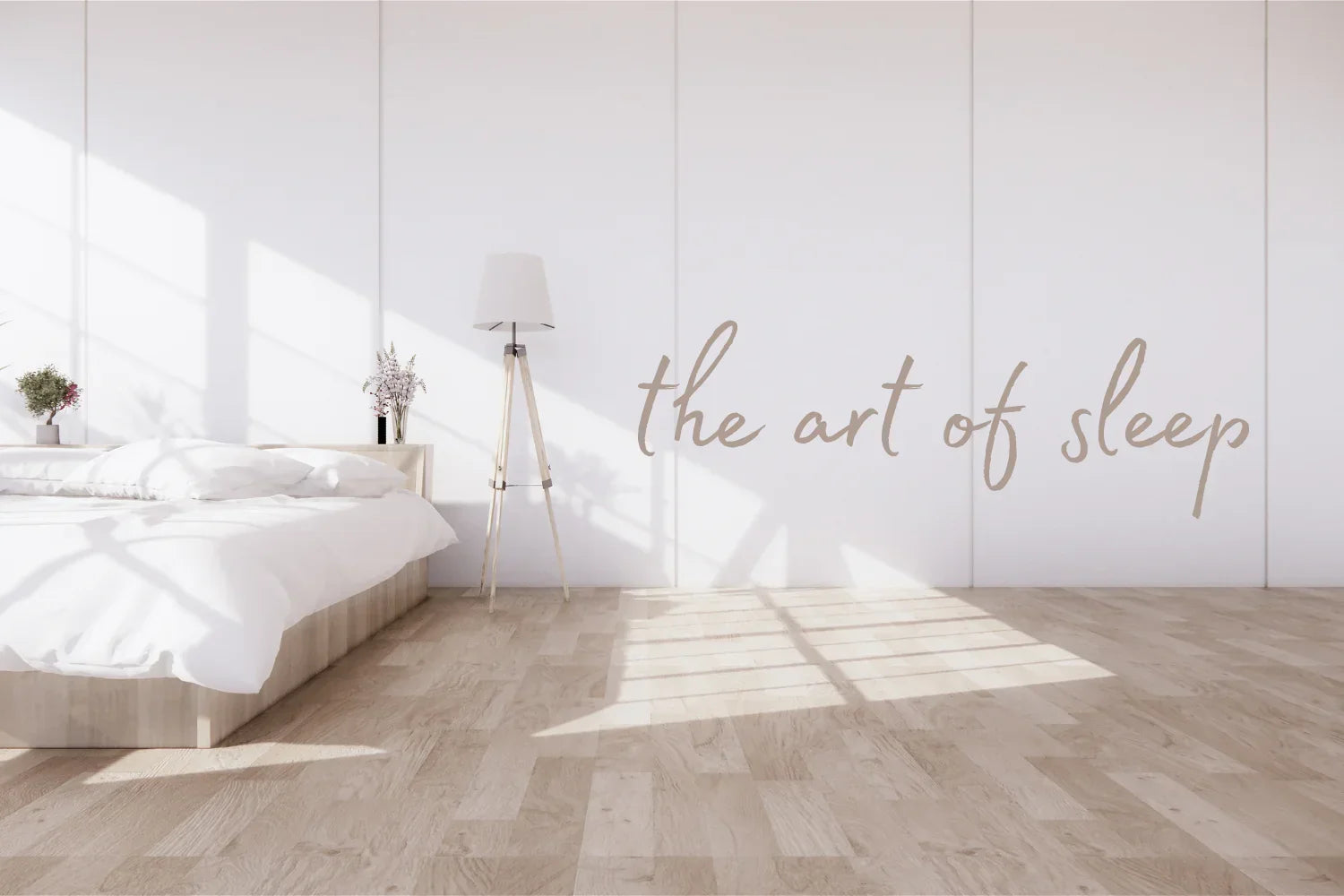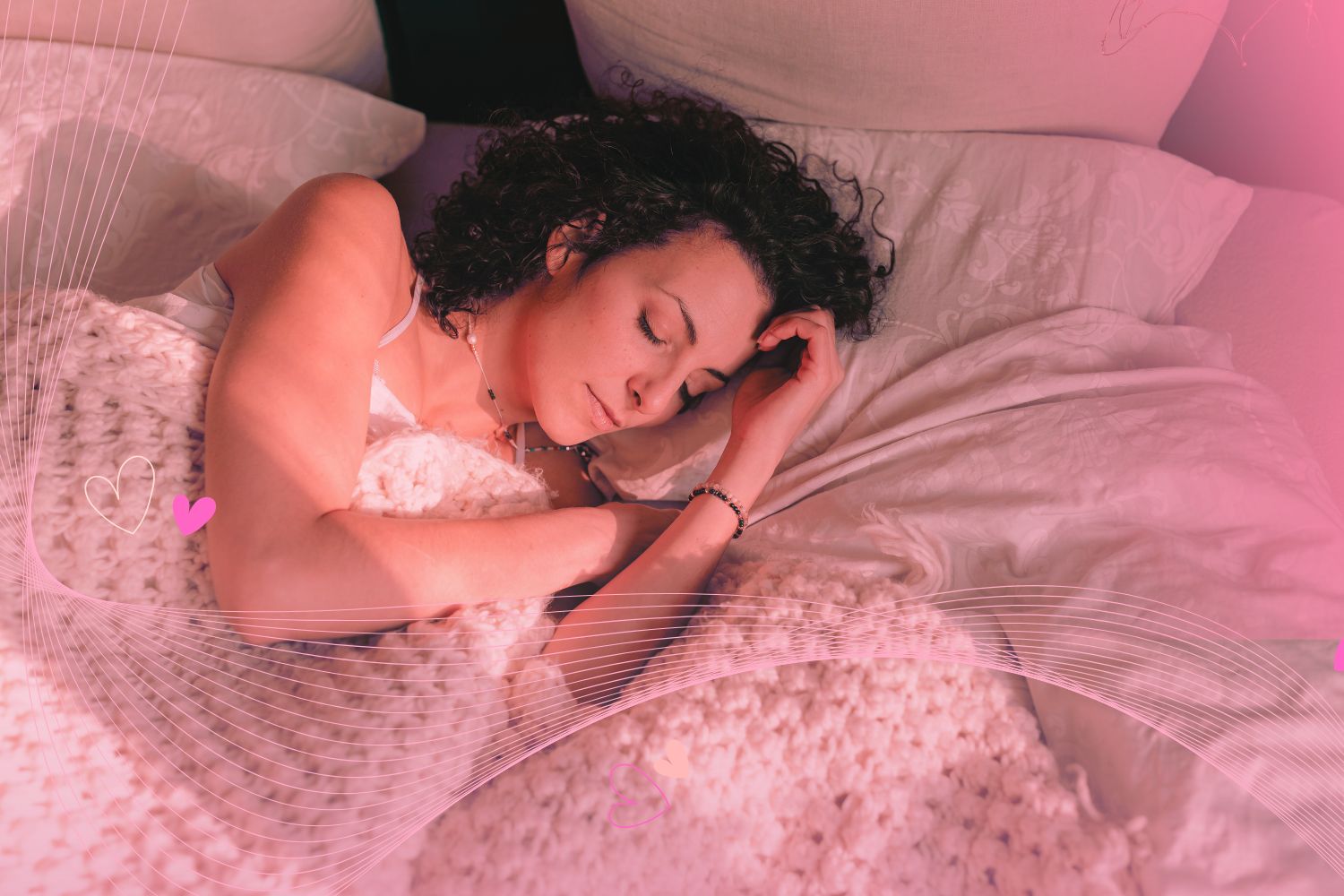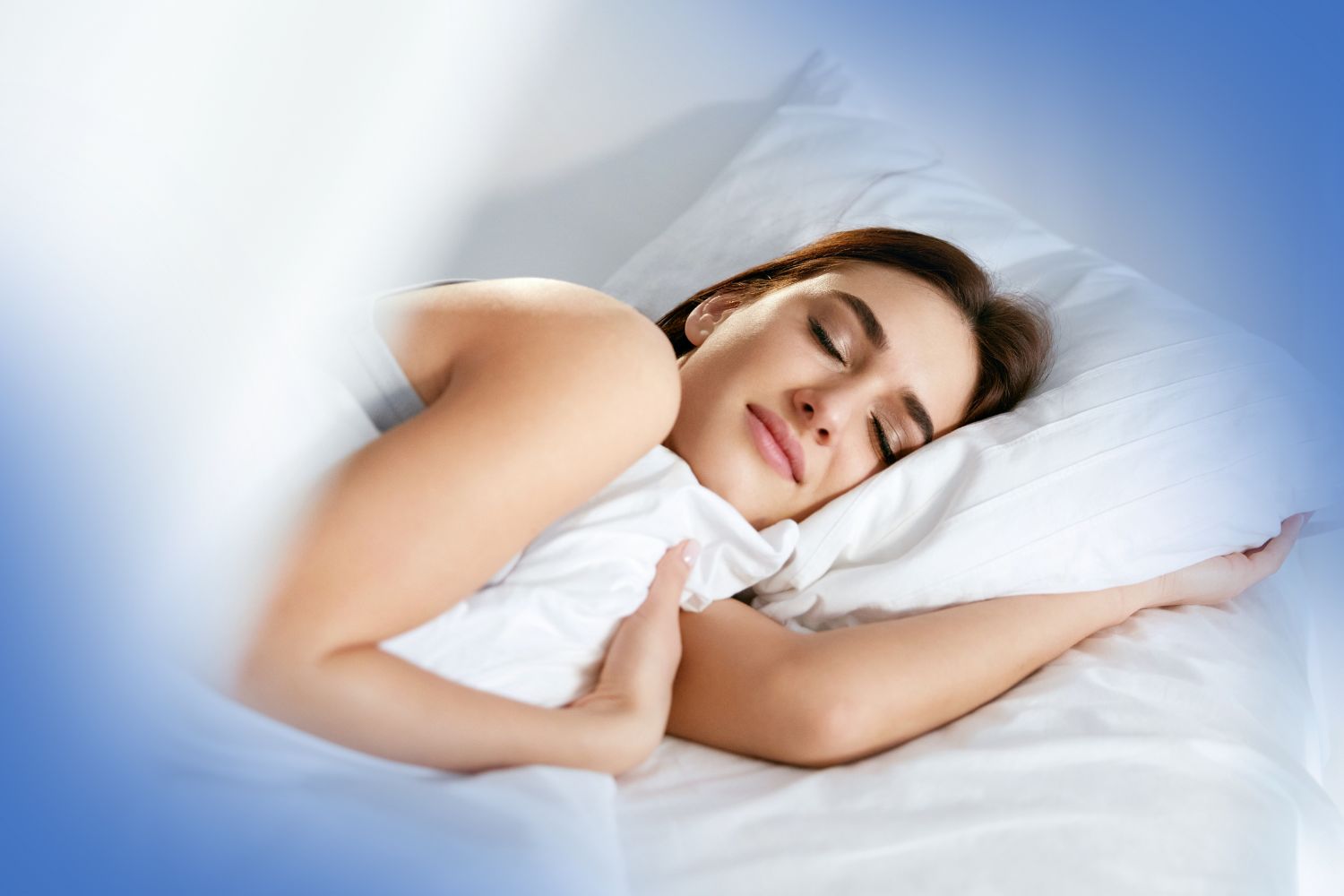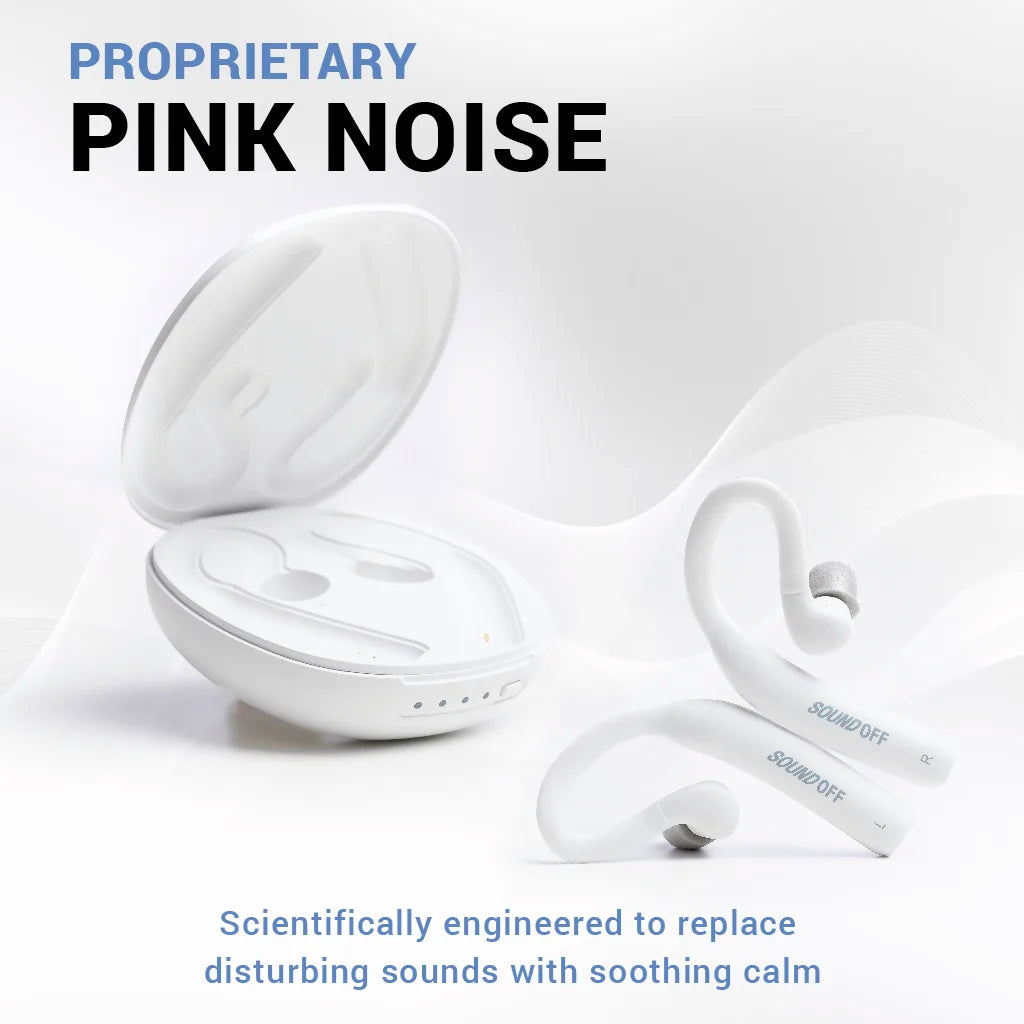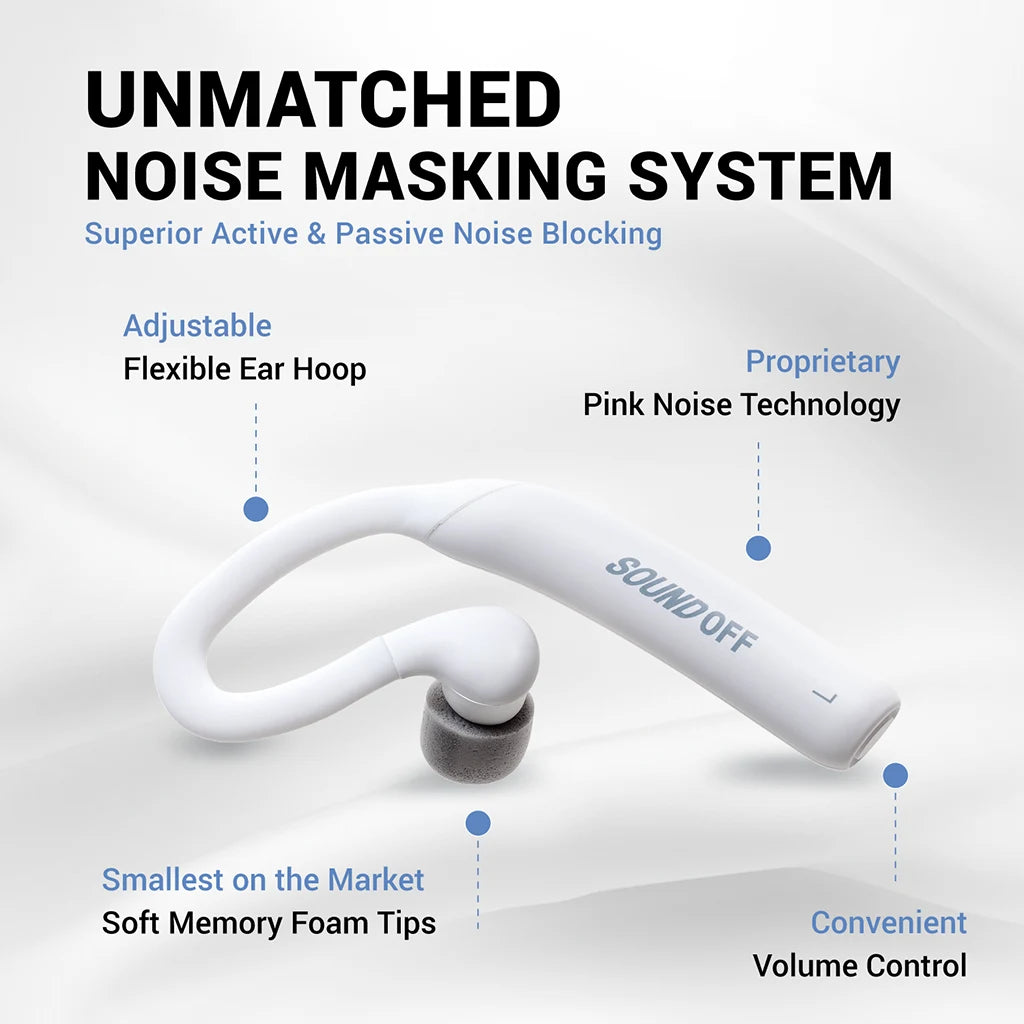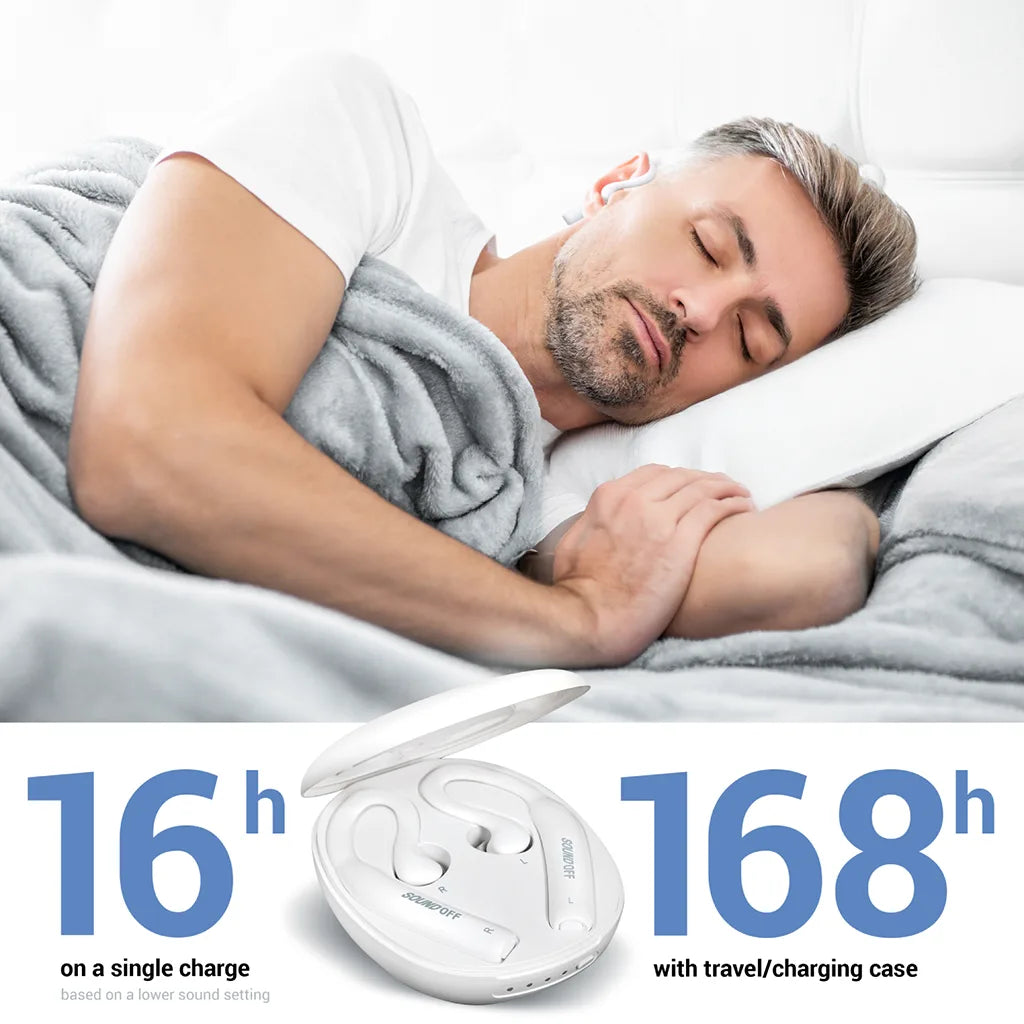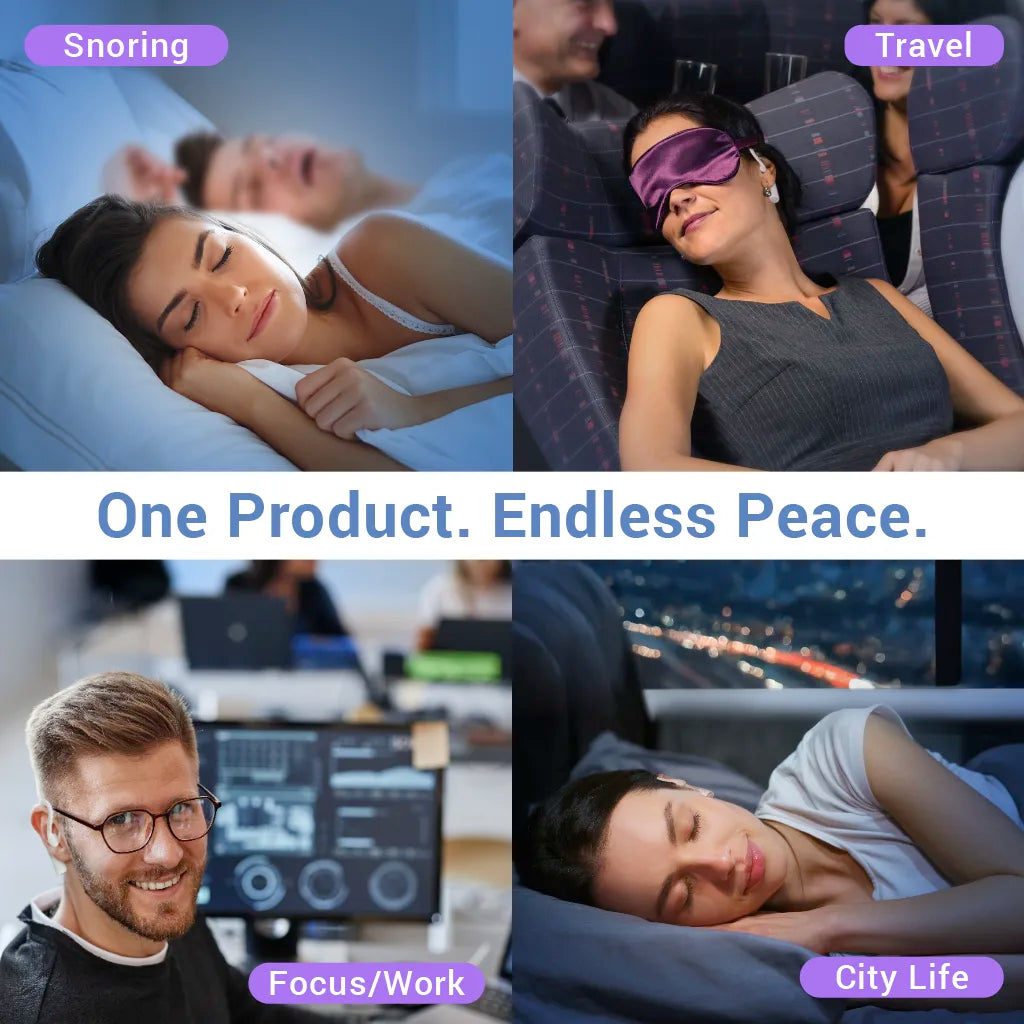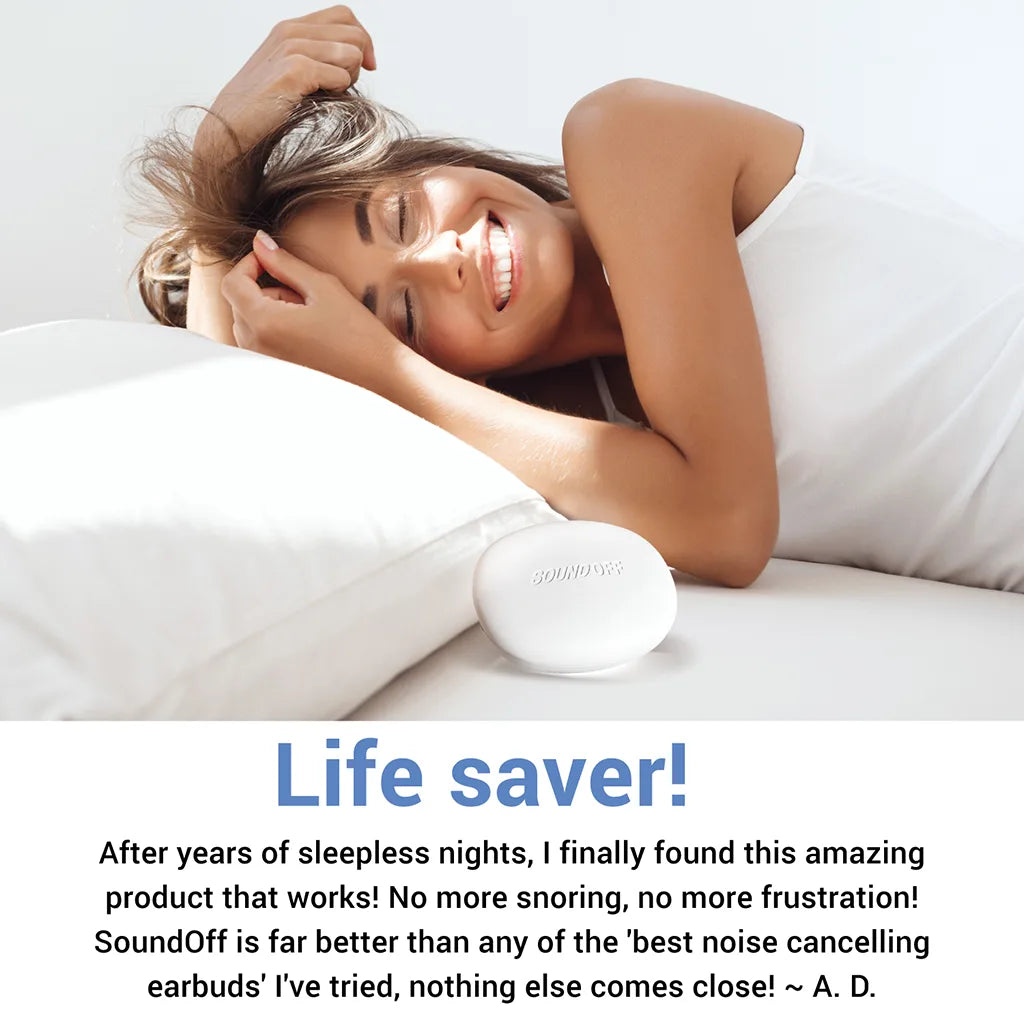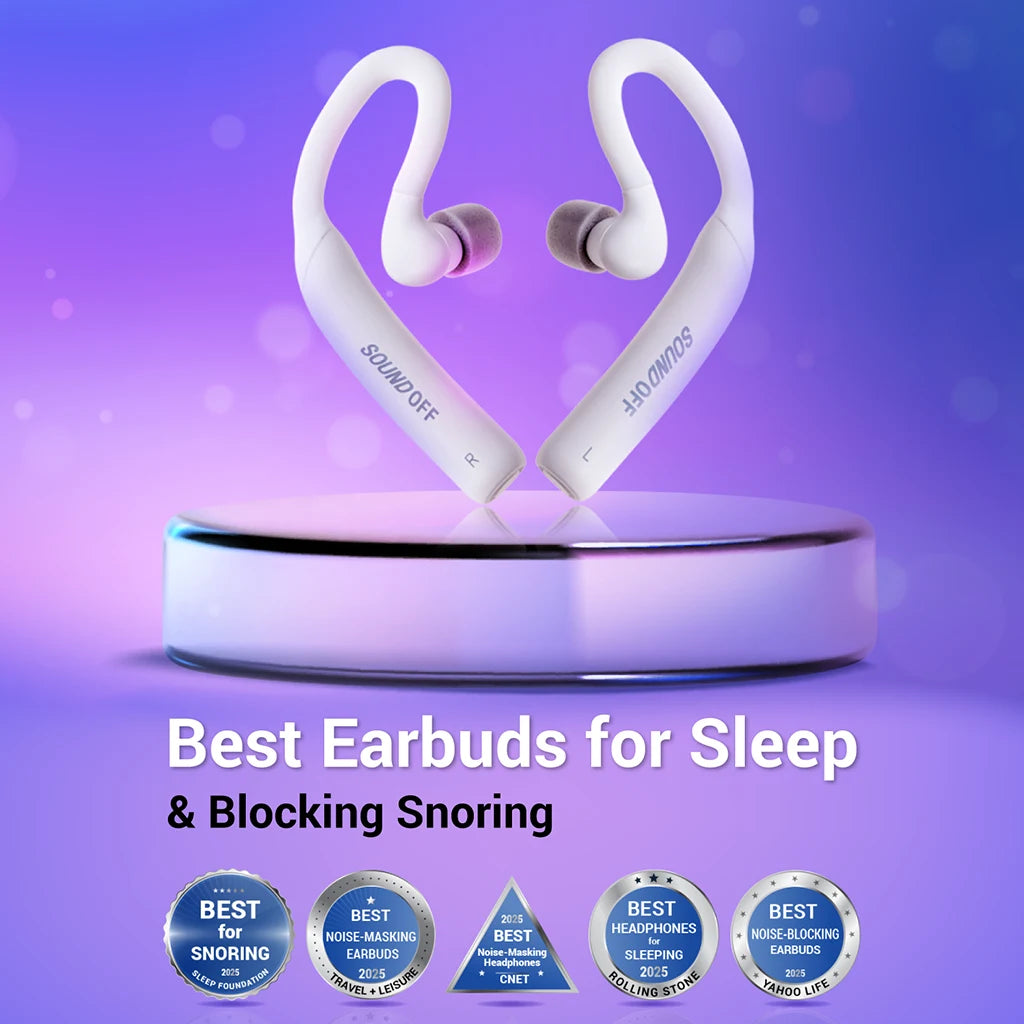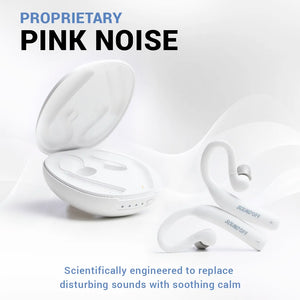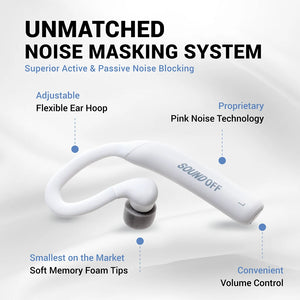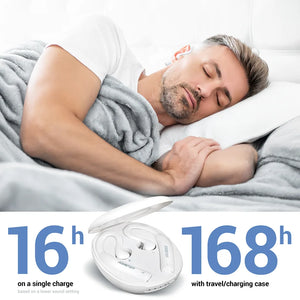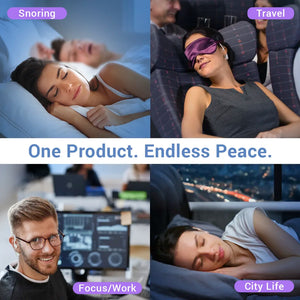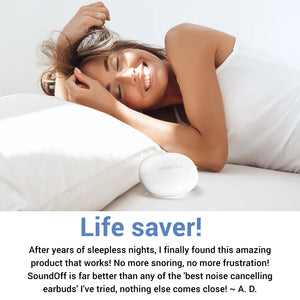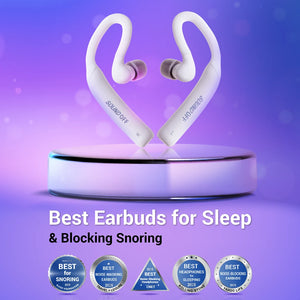
Better habits; better sleep
Wake up, power up; sleep tight...
Your quality of sleep begins at the beginning of your day. How you wake up; how you approach your day, spend your day...and how you unwind at the end of your day, all contribute to the quality of your sleep. You can prime your body for better sleep by making changes to how you spend your day--these changes will not only improve your mood and productivity during the day but will help you fall asleep more quickly and sleep more soundly during the night. Simply stated, better habits, better sleep. Here are some tips to help you rise and shine:
Nix the Snooze Button
Falling back to sleep after hitting the snooze button on your alarm starts a new sleep cycle that cannot be finished because the alarm is just going to go off again in 5-10 minutes. This fragmented, poor-quality sleep is guaranteed to not only make you feel sleepier during the day; but may throw off your internal clock which can then impede your quality of sleep the following night.
Ease into your day
Make those first few minutes of the day all yours—set yourself up for a great day by allowing yourself a stress-free start; you don’t always have to hit the ground running. Instead of grabbing your cell phone, grab your journal and record your most recent dream—or reflect on the things you’re grateful for. Try some focused breathing... limber up with some easy stretches; have you ever watched how your pets wake up? You can make time for this too!
Let the sunshine in
Studies have shown that morning exposure to light resets your circadian rhythm for the next 24 hours—it tells your body to feel awake in the morning and sleepy at night.
Just do it
Get started on more difficult tasks in the morning when your brain is better able to focus—leaving chores for the end of the day can stress you out and make it more difficult to fall asleep.
Don’t be a couch potato
Regular, moderate daily exercise is key to getting a good night’s sleep--but even if you’re not hitting the gym or hiking trails, studies show that just by sitting less than 6 hours per day will make a difference.
Hold yourself accountable...
Make a conscious effort during the day to evaluate your behaviors and recognize where your biggest challenges are in priming your body for better sleep. Many people find journaling helpful--try making a chronological list of both good and bad habits that may be affecting your sleep and rate their relevance. If you find certain behaviors are harder to modify, consider whether it is harder for you to resist something or avoid it--perhaps moving the alarm clock out of reach is easier and more productive than berating yourself for opting to snooze... or maybe you need to find some holistic replacements for your stimulants like B vitamins... or simply going outside for a few minutes and letting the fresh air wake up your brain.
Winding down begins 6-8 hours before bed...
Powering down your body to prepare for a full night of restful sleep begins with establishing curfews for your sleep-limiting habits:
Curtail naps
Your daytime snoozing may be making it harder to get the sleep you need at night. Be sure to limit naps to 30 minutes and set a firm curfew of no later than 4:00 pm.
Avoid stimulants
- Caffeine: Cutting off fluids in general a few hours before bed is standard practice for many; but when it comes to anything with caffeine (including teas and energy drinks) the cut-off time should be 6-8 hours before bed... and the daily limit for coffee should be no more than four 8oz cups per day.
- Nicotine: Unable to sleep? Lighting up a cigarette won’t fix that; especially when it's late in the day. Nicotine raises blood pressure and stimulates brain activity, making it more difficult to get to sleep. Studies show smokers also wake up more during the night because they experience withdrawal symptoms. Unfortunately, the effective curfew for this one is more likely to be a month... so the sooner you start (stop), the sooner you’ll be on your way to better sleep.
Last call
Does alcohol relax you after a tough day? Probably, but it also relaxes the muscles in your throat which can lead to snoring and sleep apnea. Alcohol’s sedative effects wear off in approximately 5 hours which will also make you more likely to awaken more frequently during the night. Cutting yourself off from alcohol 3-4 hours before bed will help stave off its sleep-limiting effects. Remember: better habits, better sleep!
Say Goodbye to the blues
Countless studies have shown the negative effects of blue light which blocks your body’s natural ability to produce melatonin; thereby negatively impacting your ability to fall asleep at bedtime. Additional studies continue to support these findings and further show that both duration and quality of sleep decrease as smartphone use increases—suggesting these blue light devices may have detrimental effects on sleep regardless of when you’re using them.
Relax and let go…
"Finish each day before you begin the next, and interpose a solid wall of sleep between the two."
ralph waldo emerson
Give your body at least 30 minutes to relax and get ready for sleep. Establish nighttime rituals that help your body recognize that it is time for sleep; warm baths, soft music, pink noise, a good book… whatever works.
Lastly remember to unplug from any stressful thoughts—take care of you and let tomorrow take care of itself.
7 Daytime Habits That Are Sabotaging Your Sleep | HuffPost Life

